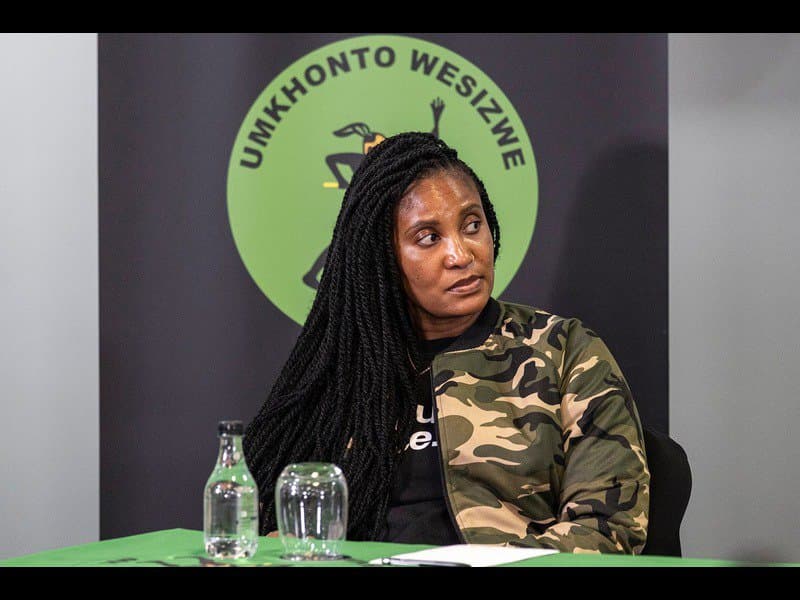South African Police Probe Zuma Daughter Over Alleged Russia Recruitment
South African police opened an investigation on November 23 into Duduzile Zuma-Sambudla and two others after a family member filed a formal complaint alleging they lured South African men to fight for Russia in Ukraine. The probe highlights rising concern over foreign fighters, potential legal exposure for high profile figures, and the diplomatic and economic risks for a country already navigating fraught domestic politics.

South African authorities said on November 23 they had opened a criminal inquiry into Duduzile Zuma-Sambudla, a daughter of former president Jacob Zuma, and two other unnamed individuals following allegations that they recruited South African men to fight for Russia in Ukraine. The action follows a formal complaint lodged by a family member and was described in reporting by Reuters as centering on recruitment and possible facilitation of travel for South Africans to join foreign conflicts.
Police said the probe will examine alleged recruitment activities and the facilitation of travel documents and logistics, and will involve questioning of suspects and scrutiny of available travel records. Investigators did not release further details on the identities of the two other people named in the complaint or on any victims allegedly recruited. Authorities framed the inquiry as routine criminal work, but the involvement of a prominent political family intensifies public and political scrutiny.
The case lands amid broader international concern over the flow of foreign fighters to the Russia Ukraine war. Governments and security agencies around the world have warned of recruitment networks that can be transnational and opaque, raising questions about border controls, online radicalization, and the legal tools available to prosecute recruitment for foreign combat. For South Africa the episode underscores a policy gap between existing criminal law and the practical challenges of policing overseas recruitment networks.
There are immediate legal and diplomatic stakes. If evidence substantiates that South Africans were recruited and assisted to travel to a foreign battlefield, prosecutors may consider charges that could include unlawful recruitment for foreign military service or related offenses under South African criminal statutes. Diplomatic ramifications are also possible. Pretoria has maintained a careful posture balanced between relations with Moscow and other international partners, and allegations that South Africans were being sent to fight for Russia could increase pressure on the government to cooperate with international investigations and to clarify its stance on mercenary activity.
Financial markets could respond to the unfolding inquiry in the short term through shifts in risk perception. Political scandals and high profile probes can add to a risk premium on domestic assets, amplifying investor sensitivity in a market already attuned to governance and fiscal concerns. That could translate into pressure on the rand and on South African government bond yields if the case widens into a broader political crisis. Policy makers confronting this challenge will face competing demands for law enforcement, foreign policy calibration, and protection of the rule of law.
Longer term the episode is part of a global trend in which armed conflicts have prompted cross border flows of fighters and heightened debates over repatriation and reintegration. For South Africa the investigation will serve as an immediate test of law enforcement capacity and of the government’s ability to manage complex legal and diplomatic fallout when influential domestic actors are implicated in transnational security risks.

